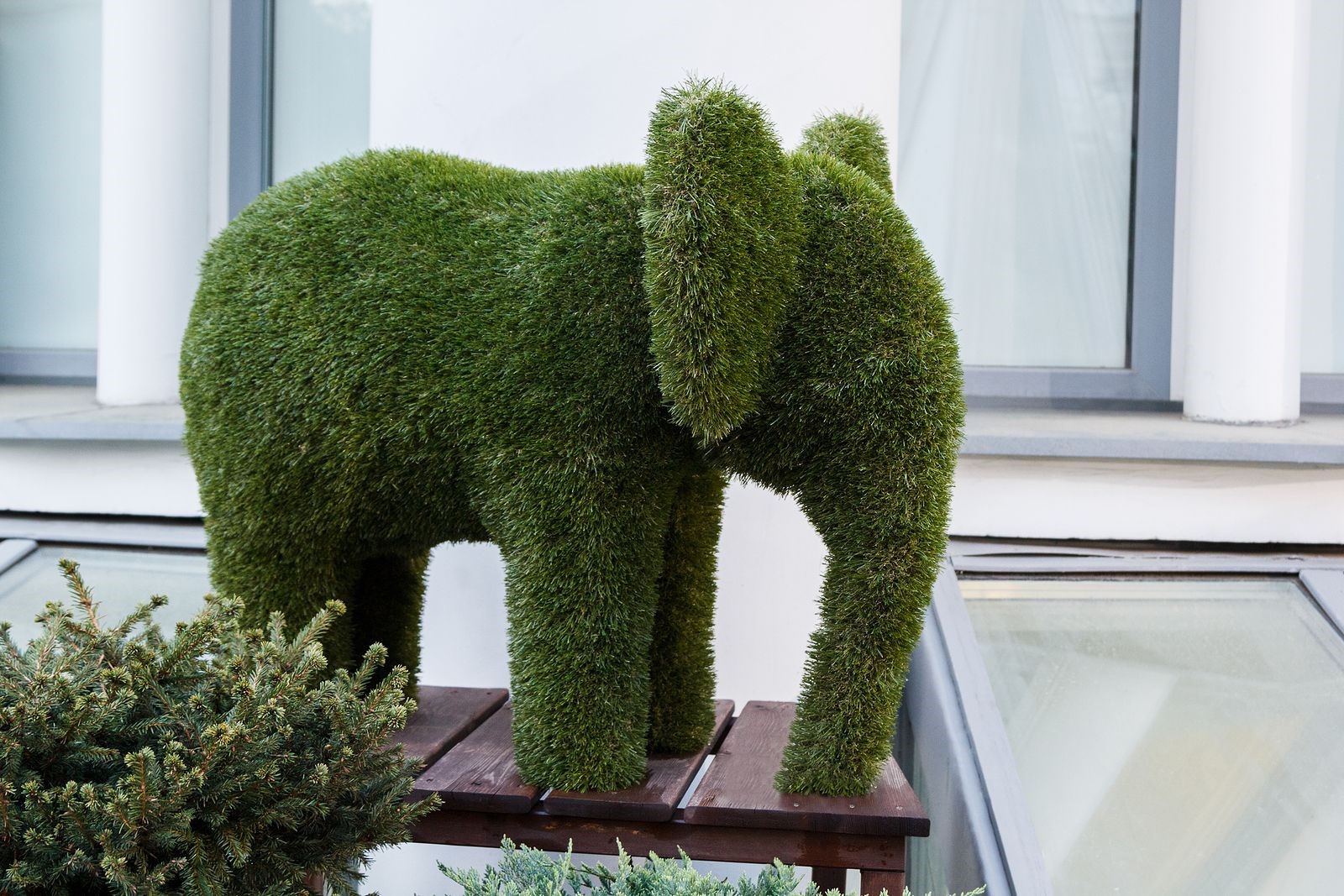Houston Topiary Experts Offer Tips to Help You Take Care of Your Deck Topiaries
Your deck is a wonderful place to relax, read a good book, grill some burgers, or just sit and enjoy a cup of coffee or tea. A good set of topiaries can really spruce up your deck and make you want to spend more time there. On top of this, it’s been proven that having plants around helps people to concentrate better, feel more relaxed, and even improve memory. An experienced Houston florist can mold plants into different shapes for a stunning topiary for your home.
While this is all true, too many people get topiaries put on or around their deck only to let them dry up and waste away. That will happen if you don’t know how to maintain and take care of your topiaries once they are all set up. These tips will help you avoid just that.

You’ve Got to Water Your Deck Topiary More Than You Think
The kinds of topiaries that sit on or around a deck are almost always the kinds that are placed in planters. Larger planters require less watering, but they still need to be watered frequently, especially during the summer, and small planters usually require watering daily during the summertime. A big thing to be aware of is that you should keep the moss on your topiary moist in between waterings. You don’t want it to completely dry out.
You Need to Protect Your Deck Topiary during the Winter
When the temperature gets below 32°F, you’ll want to be sure that your deck topiary is sheltered and shielded from the cold. Depending on the plant used, your topiary could be hardier or its roots could freeze. This is because your deck topiary is planted in a pot rather than ground where the roots are kept warm. Japanese privet, pine, and holly, are some of the plant types that are usually hold up well during the winter, while ivy will probably require extra measures to keep it protected.
One way to protect your deck topiaries during the cold months is to bring them inside. This will obviously be easier with smaller topiaries. If you’re dealing with larger planters, you can insulate your topiaries by using straw or mulching with many layers of leaves. When dealing with freezing winds, you can wrap your more cold sensitive topiary plants, such as, ivy in burlap for a few weeks at a time.
A Topiary Expert Can Save You Worry and Money
If you want to ease your worries and make your deck topiary experience a breeze, River Oaks Plant House is ready to help. The topiary experts there can answer all of your questions and help you choose the topiary that is a perfect fit for your deck.
Sources
Health and well-being benefits of plants, ellisonchair.tamu.edu
The Best Cold-Hardy Topiary Plants, gardenguides.com
